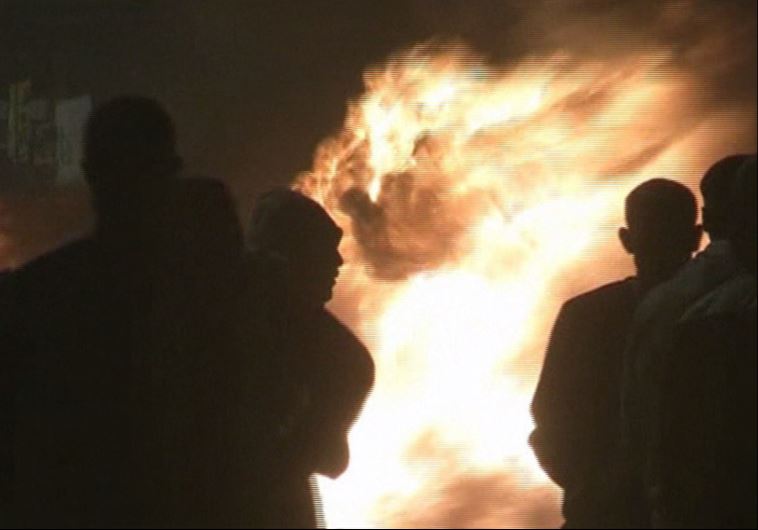Is the Arab dream of democracy truly broken?
This heroic and unselfish act heralded the beginning of new era in the Arab region, that was called the Arab Spring.
 IDF rescues two soldiers from massive Kalandiya riot; 5 troops wounded(photo credit: screenshot)Updated:
IDF rescues two soldiers from massive Kalandiya riot; 5 troops wounded(photo credit: screenshot)Updated: